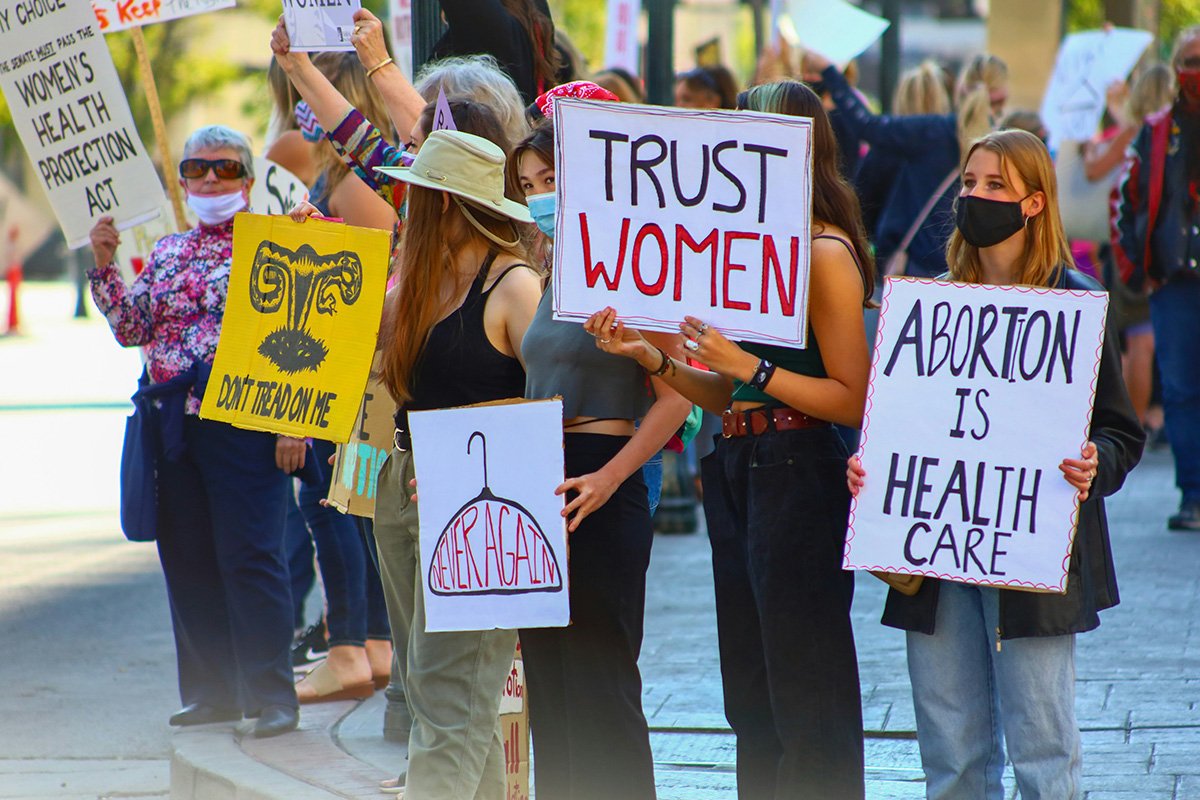
September 25, 2018; New York Times
As concerns about conflicts of interest at Memorial Sloan Kettering Cancer Center build, and its chief medical officer tenders his resignation, the nonprofit has scrambled to change the focus of its latest fundraising drive. The theme of this latest drive was to have been “Harnessing Big Data,” but that plan was interrupted by an investigation published last Thursday by the New York Times and ProPublica that documented an arrangement struck between the center and an artificial intelligence for-profit startup called Paige.ai to make exclusive use of an archive of 25 million tissue slides collected and analyzed by the center over decades of practice.
Paige.ai was founded by key hospital staff, including Dr. David Klimstra, the chairman of the pathology department, and Thomas Fuchs, the head of the computational pathology laboratory. It also boasts Memorial Sloan Kettering board members, including Stanley Druckenmiller, Alexander T. Robertson, and Marie-Josée Kravis, as investors. All of this offends any number of stakeholders, including hospital pathologists who object not only to the commercialization of their work for the enrichment of a few hospital insiders, but also to the use of the materials without patient consent.
“It just seems awfully coincidental that the individuals involved happen to be people in control and influence of that asset, and they ended up with an exclusive use of it,” said Marcus S. Owens, a Washington lawyer who was the former head of the exempt organizations division of the IRS. “It seems to create a cascading series of conflicts for the operation of Sloan Kettering.”
Sign up for our free newsletters
Subscribe to NPQ's newsletters to have our top stories delivered directly to your inbox.
By signing up, you agree to our privacy policy and terms of use, and to receive messages from NPQ and our partners.
This follows the resignation of the hospital’s chief medical officer, Dr. José Baselga following charges by the Times and ProPublica that Baselga had not revealed millions of dollars of payments from a number of for-profit healthcare companies in some recent medical articles.
In response to the reaction of the public, patients, and staff, as well as some of the volunteer fundraisers set to work on the campaign, Kenneth Manotti, the cancer center’s senior vice president and chief development officer, has scuttled this particular fundraising campaign for now, replacing it with one focused on patient care.
Meanwhile, the hospital says it’s convening a task force to examine its conflict of interest policies and is engaging an outside law firm to review the situation.—Ruth McCambridge












